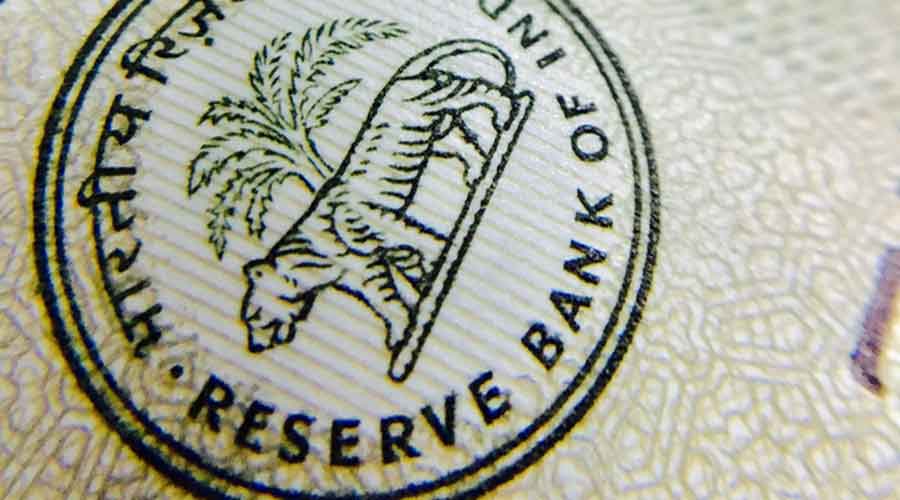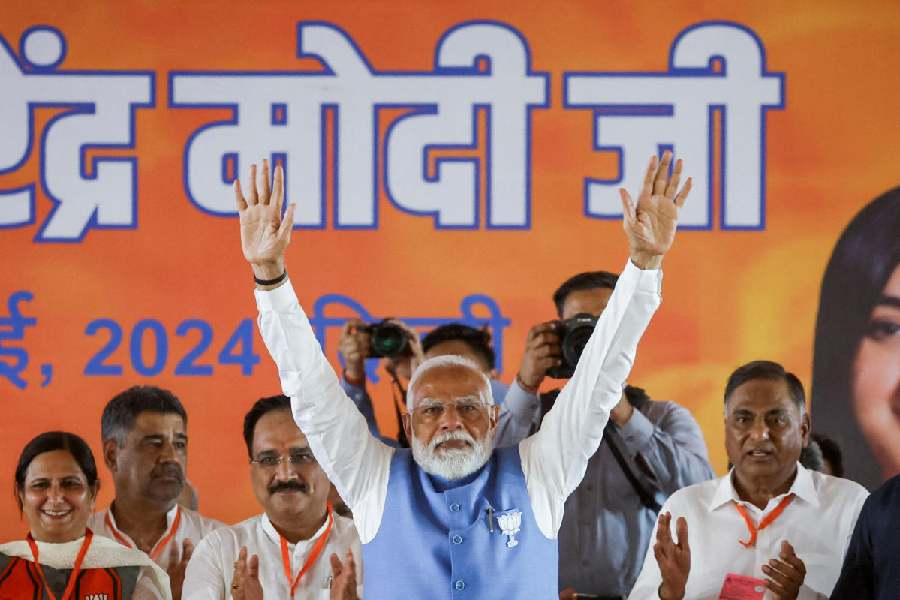Banks have restructured loans of around Rs 35,000 crore under the Reserve Bank of India’s Resolution Framework 2.0 that allows lenders to implement a resolution plan for eligible borrowers in a bid to alleviate financial stress during the Covid pandemic.
According to data compiled by Care Ratings as on June 30, 2021, public and private banks have together restructured Rs 1,37,000 crore worth of advances under the two restructuring frameworks provided by the RBI.
Resolution Framework 2.0, which was aimed at individuals and small businesses, accounted for 26 per cent of the overall restructured amount till June end. The ratings firm expects more restructuring under the second window which is open till September 2021. Personal and MSME advances constituted 54 per cent under the two schemes together till the end of June.
“The rise in slippages and restructuring indicates stress building up in the retail segment post Covid-19 especially after the second wave when there was no blanket moratorium and the banks either had to restructure or take the slippage on the books. Although most banks have seen improvement in collection efficiency with the opening of lockdowns, there could be additional restructuring under Framework 2.0,” said Care Ratings in its report.
The ratings firm estimated the share of stressed assets inching up in the retail and MSME segments for both public and private sector banks for the quarter ended June largely on account of the second wave leading to many states invoking restrictions.
PSU banks saw a rise in combined retail and MSME gross NPA to 7.28 per cent as of June 30, 2021 from 6.52 per cent as of March 31, 2021. For private banks combined gross NPA in the two segments rose to 3.32 per cent by June from 2.68 per cent as of March 31, 2021.
The ratings firm also pointed out that the ending of the Emergency Credit Line Guarantee Scheme in September 2021 is a downside risk for banks.
“The stress from the second wave is expected to continue over the next quarters with a rise in slippages and restructuring. As a result, there could be higher restructuring and the real stressed accounts could be higher than the reported NPA numbers. Thus, credit losses could increase if economic conditions deteriorate, or government support measures are less effective than anticipated,” Care Ratings said in its report.
The ratings firm has estimated a credit growth of around 7.5 per cent to 8 per cent for 2021-22.










